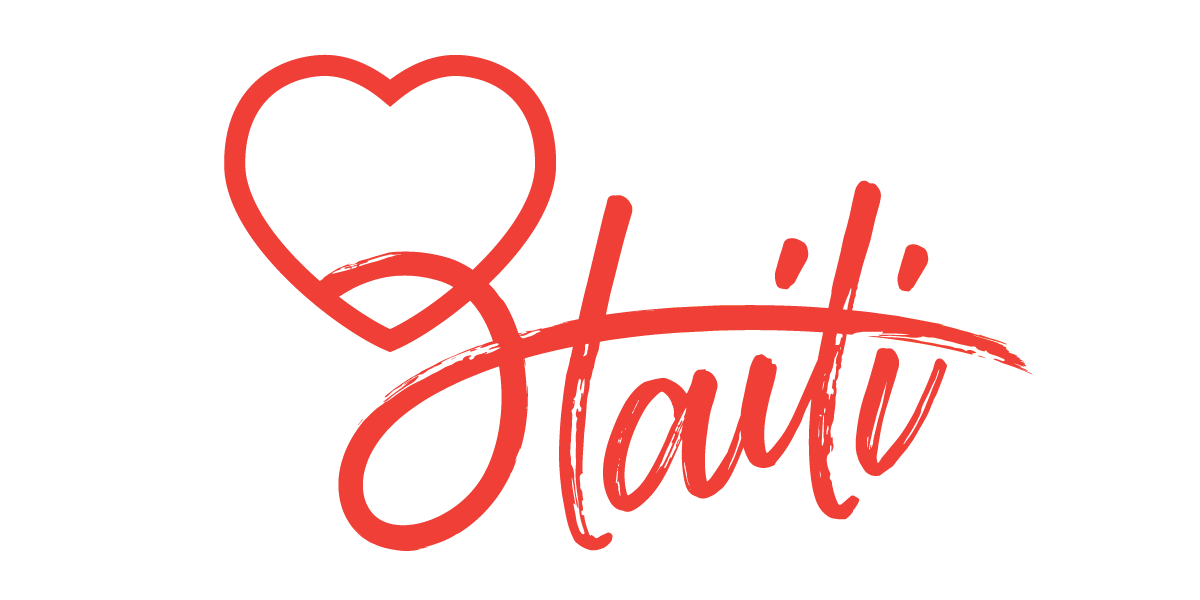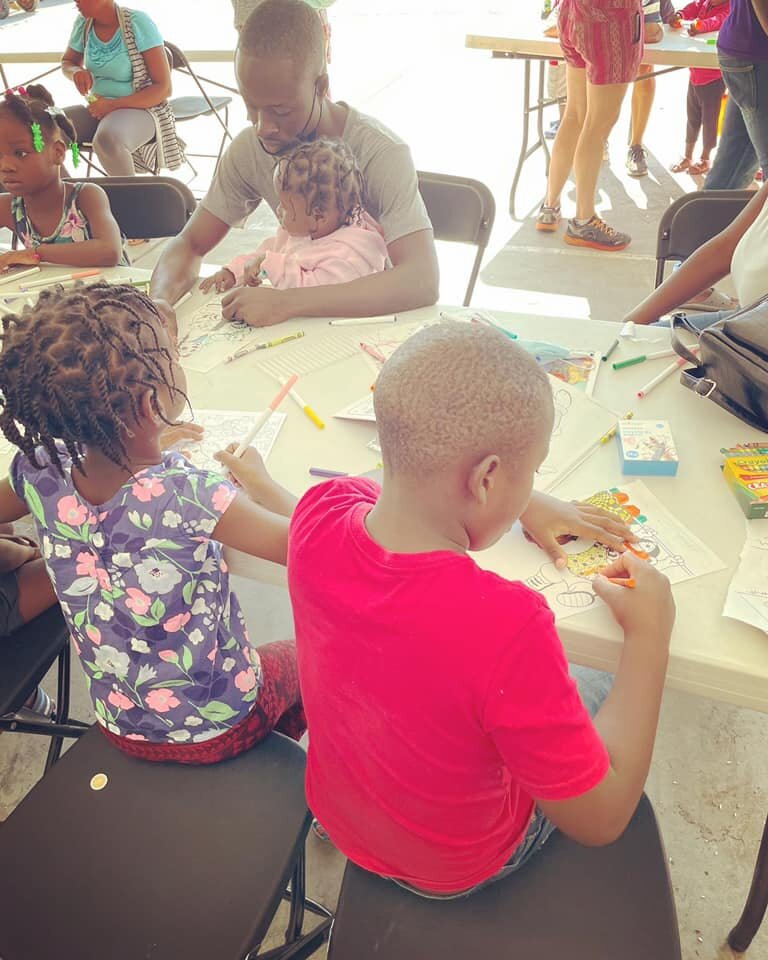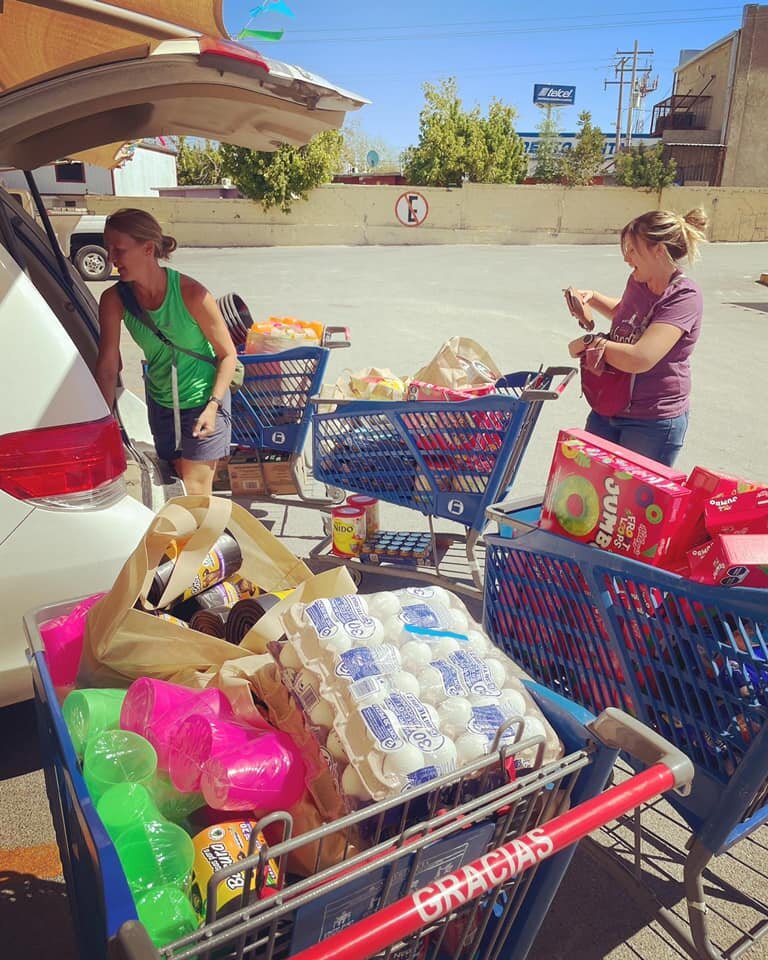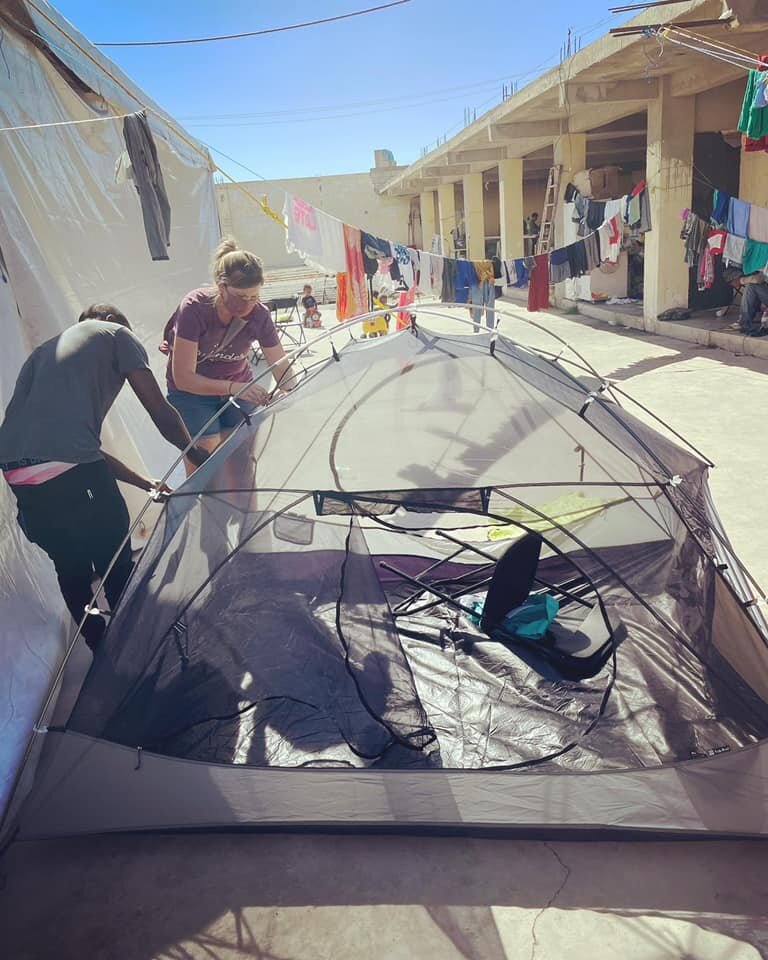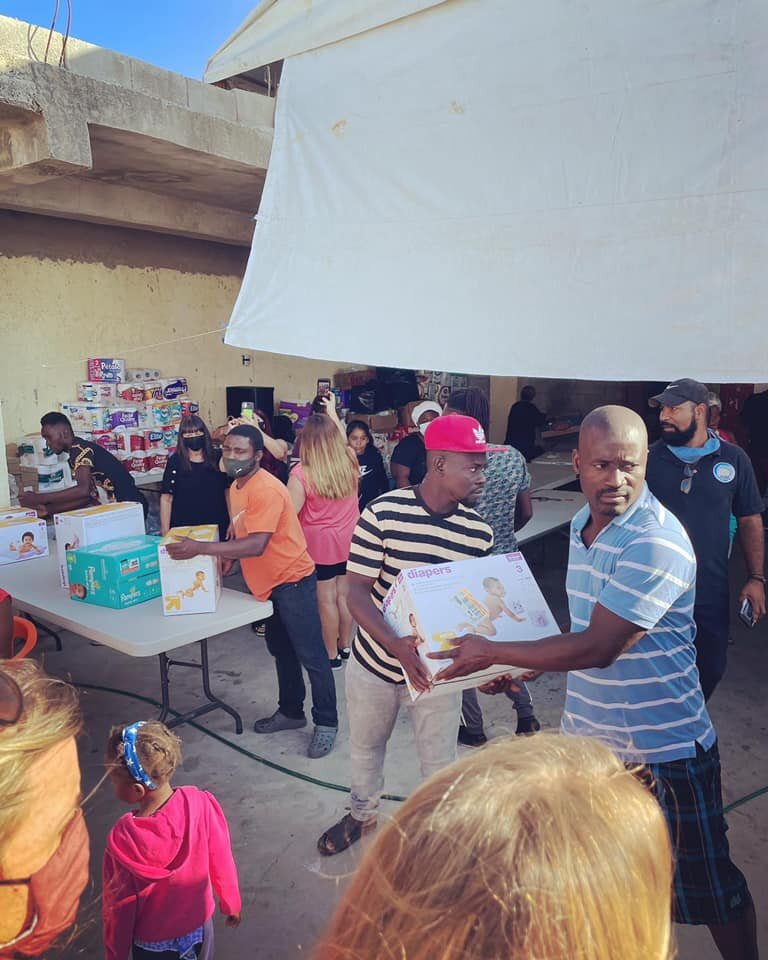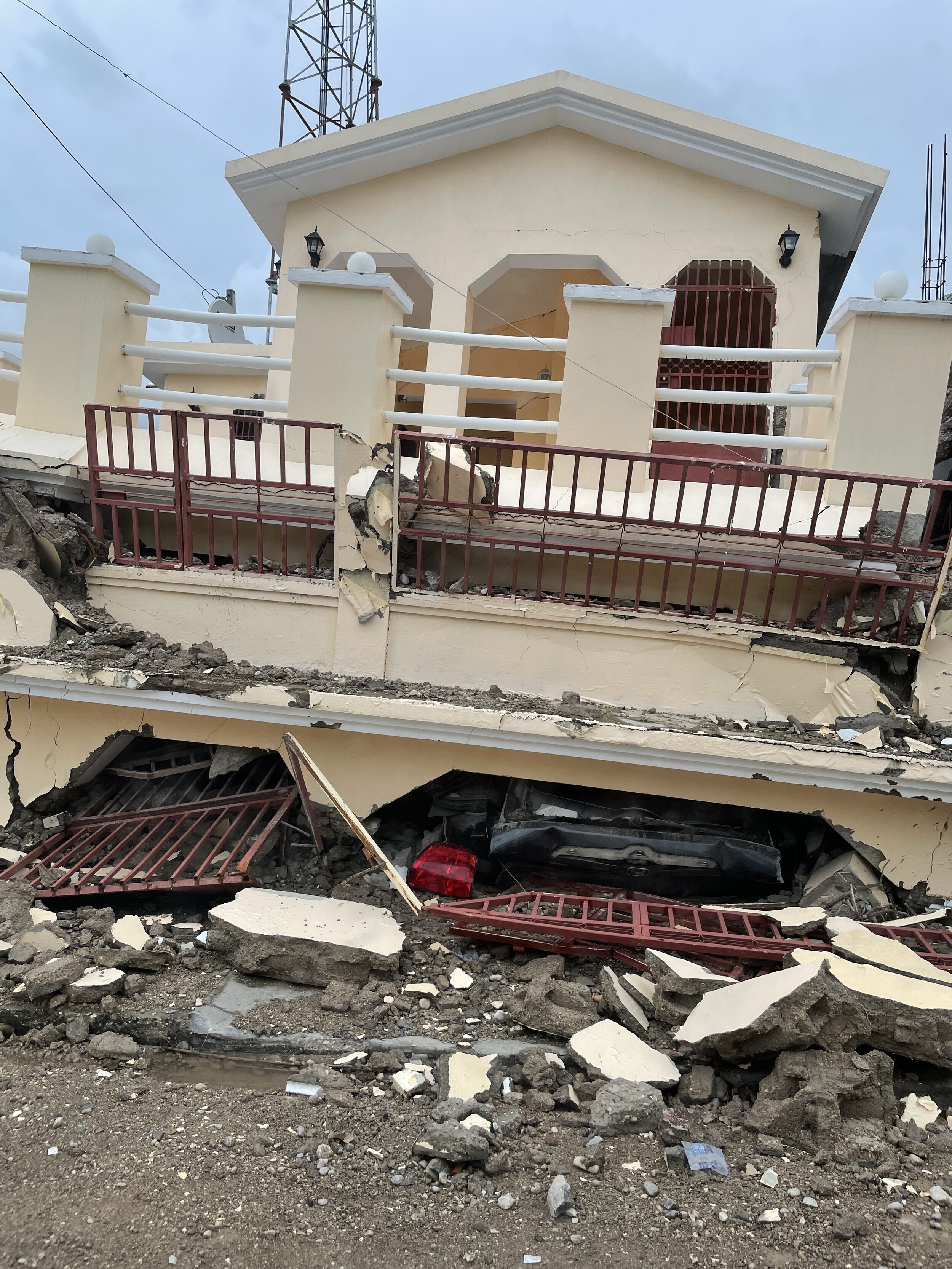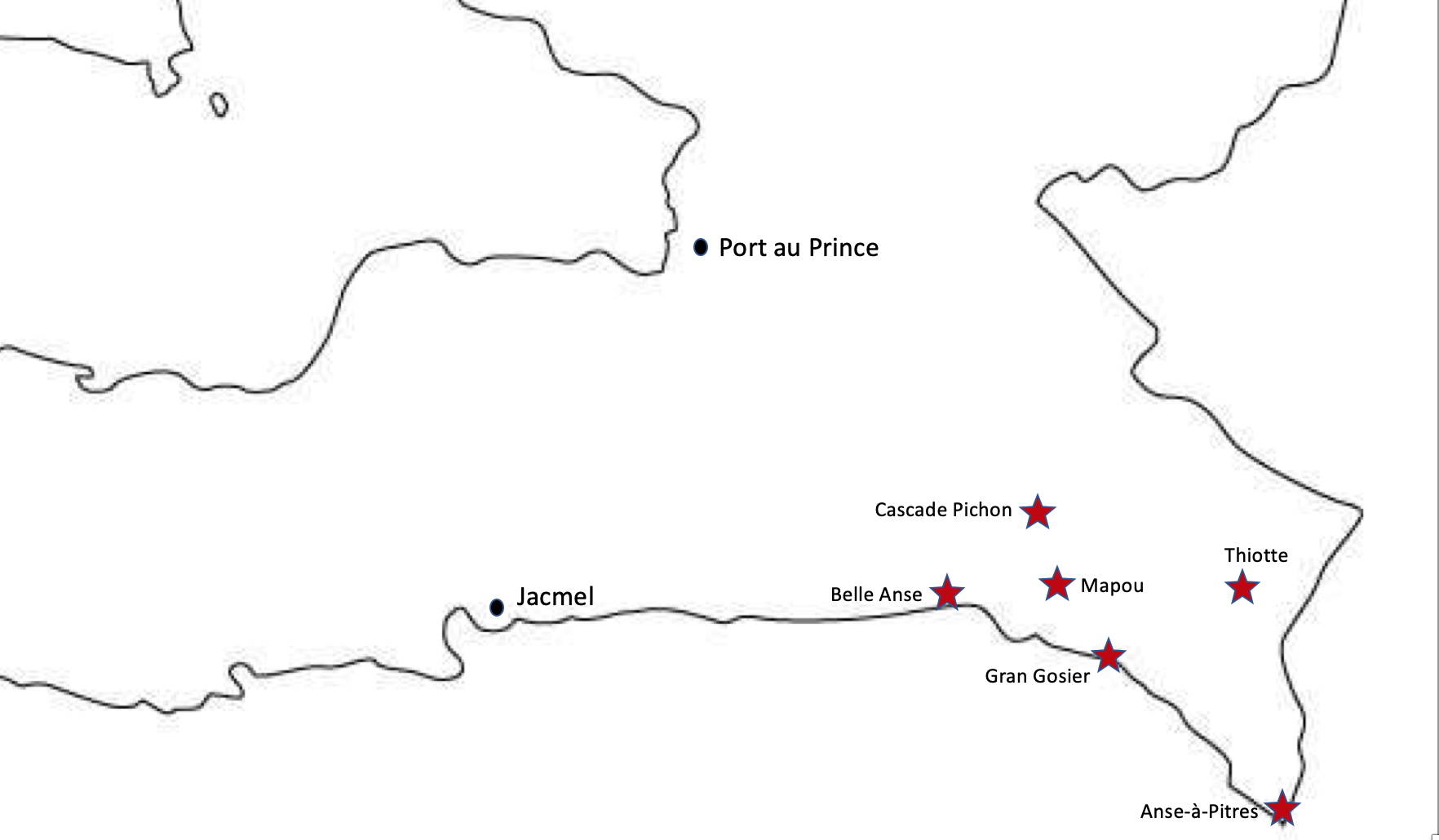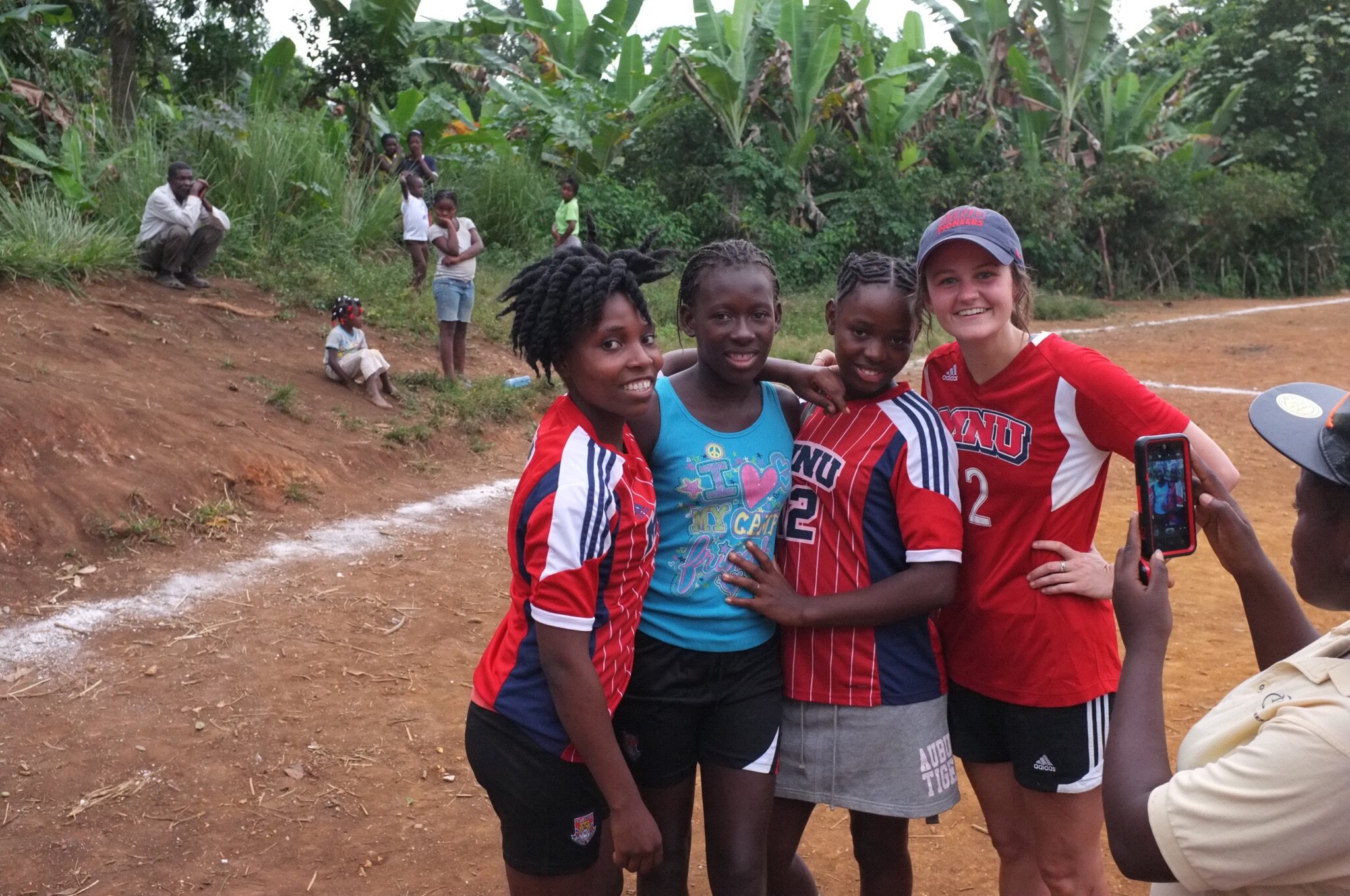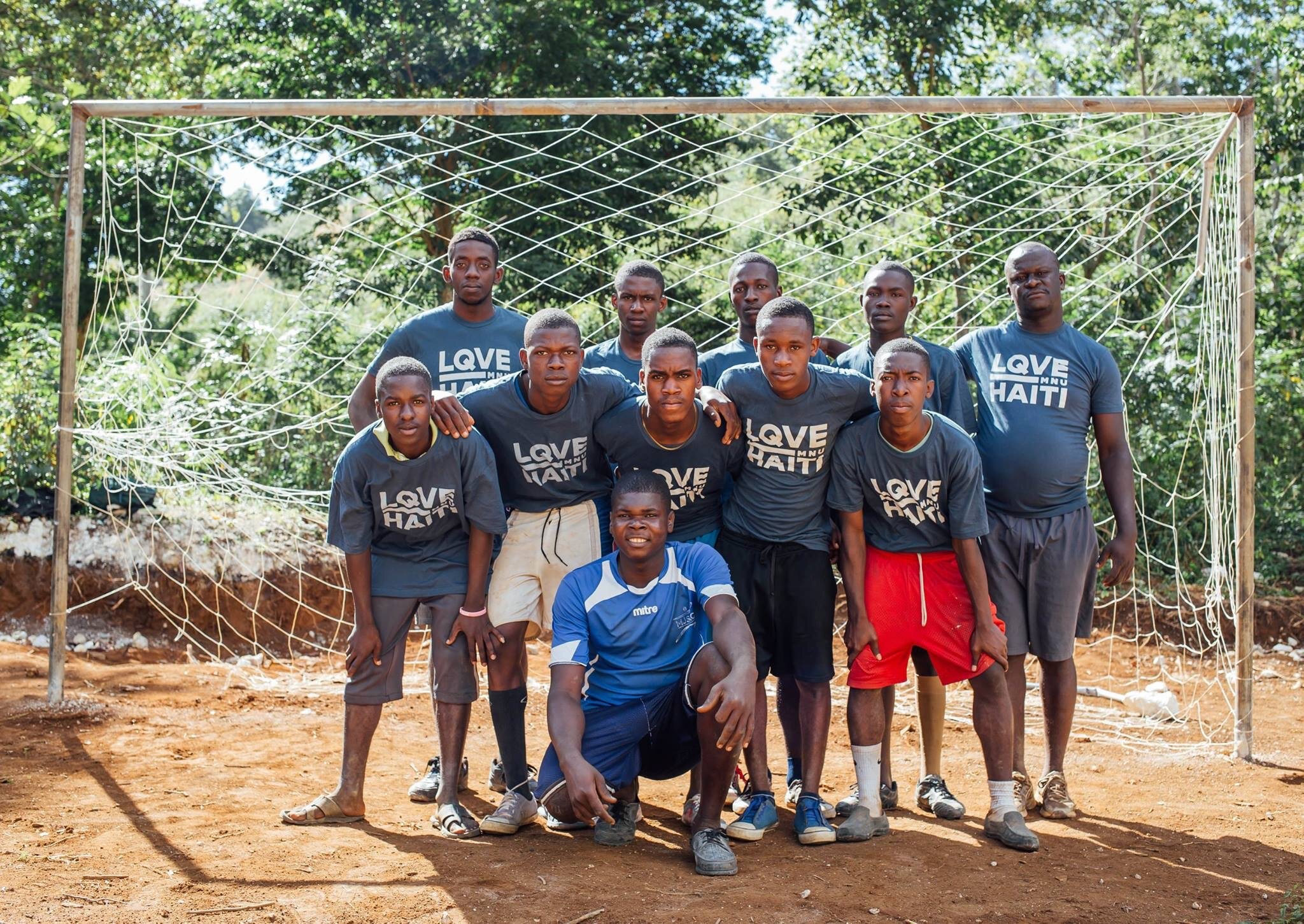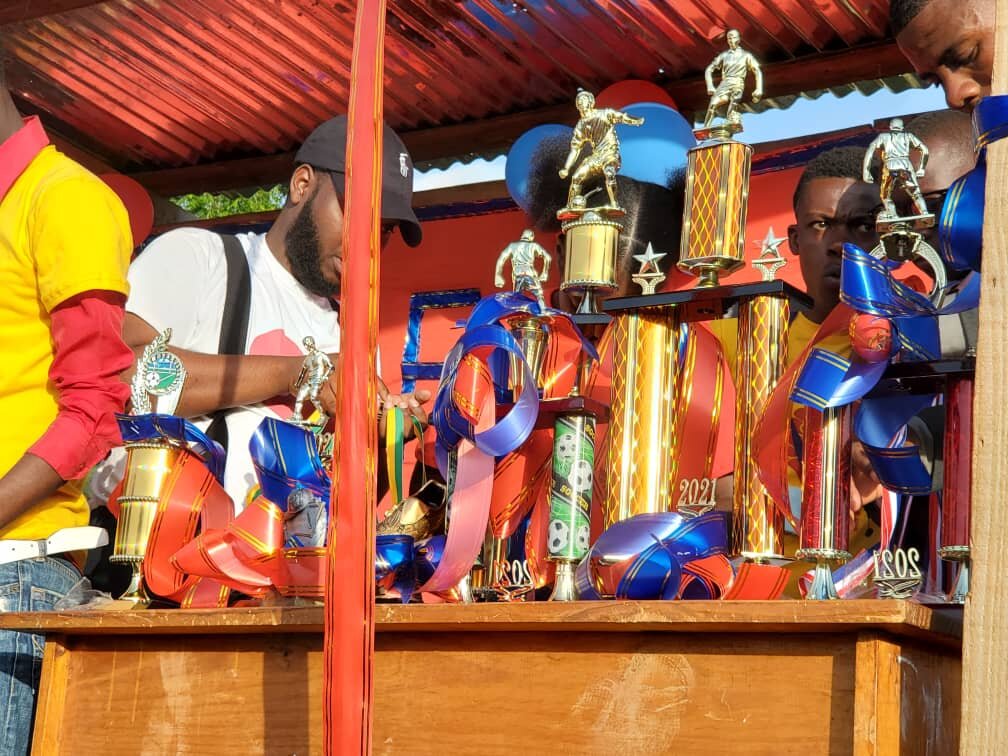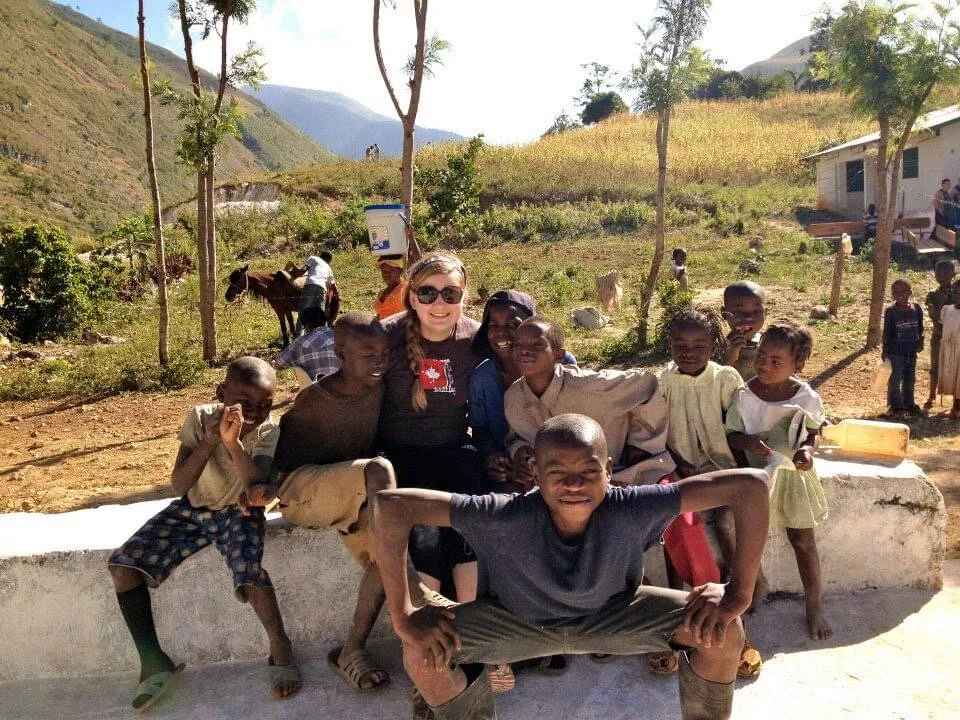I (Shay) broke my leg hiking in Haiti.
I was in Haiti two weeks ago visiting our friends in the Southeast with Frantz. This was my first time personally visiting the remote community of Baguette that Frantz had befriended months prior. One of my favorite things about what we do at LQVE Haiti is that we’re committed to making friends in the hard-to-reach places of Haiti. Like, the really hard to reach places of Haiti, ha! We know of other NGOs that have literally said “never bring us back here” when they have visited some of the remote places we call home in the Southeast. Between the lack of legitimate roads and the mountainous terrain inherent to southeast Haiti, it’s understandable why not many people are making trips to these communities! (Also: no disrespect at all to those organizations that decide to work in the cities and easier to access places in Haiti, that work is desperately needed too!)
You can’t use a car to get to Baguette. No road reaches this little peninsula community 10 miles southwest off the coast of Jacmel. To get to Baguette, you need a boat. So one of the days I was in Haiti last month, Frantz and I climbed into a small motorboat on the shore of Jacmel to go to Baguette. The motorboat was owned and operated by Anne Marie, a kind, middle-aged woman who is a resident of Baguette and a member of the community’s development committee. After the 30-minute boat ride through mildly choppy waters, we arrived at the beautiful little mountain-beach community. I thought we had arrived at our final destination as I stepped out of the boat. But, it turns out we were about to hike up the mountain to see the spring where the community has historically had to go to get their water for years. To cut it short: I was not prepared for that hike.
Getting up to the spring took an hour of intense, continuous hiking with a steep incline the whole way. While it was fun to make jokes about how out of shape I was with some new Haitian friends hiking with us, I was fairly dehydrated by the time we reached the top of the mountain. Out of breath at the top of the mountain, I looked at the spring where a couple of young boys were washing off and realized how ridiculous it is that people here have to make this hike every day just to get water. After checking out the spring, we turned and headed back down to the lower part of the community, where we were meeting with community residents to talk about the water project. Hiking down was much easier than hiking up. That is, until 40 minutes into the hike back down when I slipped on some loose rocks, fell on my leg, and broke my fibula.
After saying some expletives that hopefully were lost in translation for some of my new Haitian friends, I was able to stand up and limp back down the mountain with the help of my new friends (and a walking stick someone fashioned for me from a tree branch). After thirty minutes of what should have been a 5-minute walk, we finally arrived to the bottom of the mountain where the community was waiting. All of us exchanged facial expressions ranging from pity to comic relief as we sat down and discussed what we wanted this water project to look like.
I wouldn’t find out I broke my leg until I got back to the states. But after that incident, I was limping around Haiti for a couple of days, constantly thinking to myself: “How ridiculous is it that I, a single foreigner visiting this community for the first time, can’t make the journey that they make every day to get water one time without getting both dehydrated and hurting my leg in the process?” The irony was not lost on me. The whole experience made the project and the community’s idea for the project all the more valid; reemphasizing what Frantz said weeks ago, “the current situation for getting clean water in Baguette is ridiculous.”
I half-jokingly told the community during our meeting that I would “use my injury to try and paint a picture for my friends back home of how hard it is to get water in Baguette.” And so that’s what I’m doing in this post! I hope this story gives you a taste of the work we are doing in Haiti and where we choose to do that work. Amidst a troubling and almost impossible security situation in Haiti, we are in the process of launching phase 2 of the Baguette Water Project (which includes installing pipes and pouring concrete). Your thoughts, prayers, and support are invaluable assets to us when we enter into this work with Haitian communities!
side-note: for those wondering, my leg should be all healed up in another 2-4 weeks
